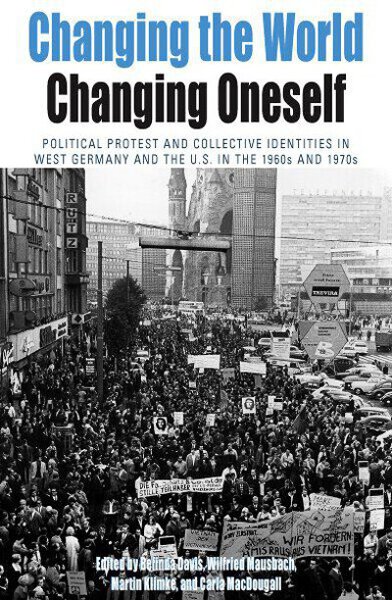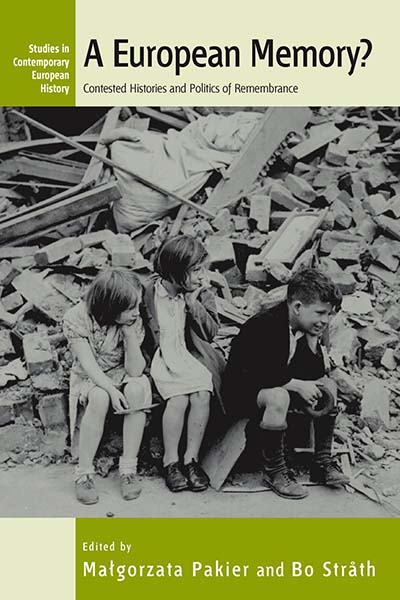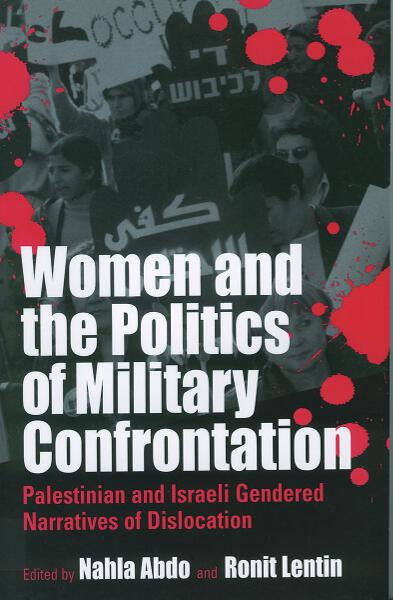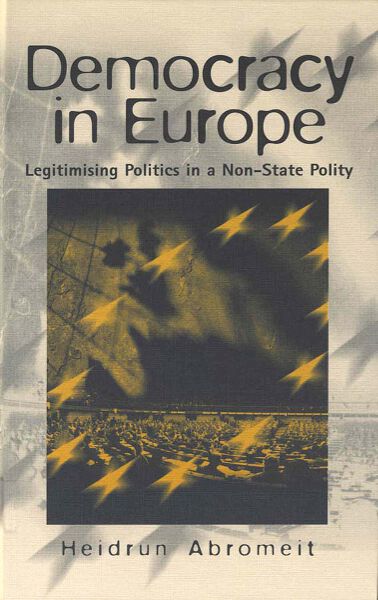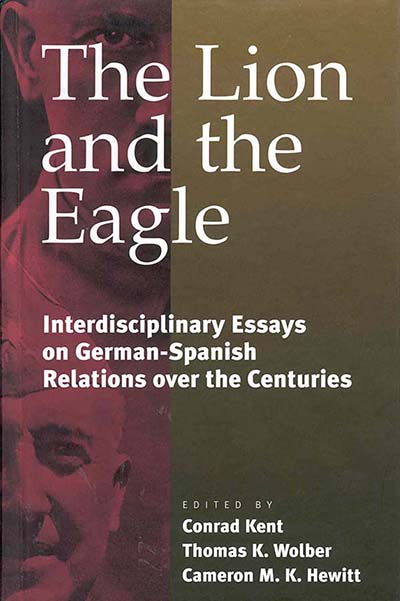
See Related
History JournalsEmail Newsletters
Sign up for our email newsletters to get customized updates on new Berghahn publications.
The Lion and the Eagle
German-Spanish Relations Over the Centuries: An Interdisciplinary Approach
Edited by Conrad Kent, Thomas Wolber, and Cameron M. K. Hewitt
400 pages, 32 illus., bibliog., index
ISBN 978-1-57181-131-8 $150.00/£115.00 / Hb / Published (December 1999)
eISBN 978-1-78920-577-0 eBook
Reviews
"To all readers interested in German-Spanish relations, this voluminous book should be a welcome addition to a very special, rewarding, and frequently exciting field of comparative studies ... an immensely enriching essay collection." · Gerhart Hoffmeister in Colloquia Germanica
"In addition to its many interesting and valuable studies, this expertly-edited and handsomely-bound book includes an excellent, very extensive interdisciplinary bibliography and separated name and subject indices." · Bulletin of the Society for Spanish and Portuguese Historical Studies
"Nearly all contributions are refreshing in the way they combine different periods, cultures, and languages, but also different disciplines ... this volume is a goldmine for the study of interrelationship of German-speaking lands and Spain." · German Studies Review
Description
The German and Spanish-speaking worlds have, over the centuries, developed an intrinsic relationship, one which predates the Habsburg dynasty and the Renaissance and baroque periods. The cross-fertilization and challenges have been both fruitful and complex with novel inventions surfacing in one culture often achieving their greatest prosperity in the other: Martin Luther's Protestant Reformation stimulated a response in Spain that was to define the European Counter Reformation; Spanish Baroque writers were seminal in the development of German Romanticism; Carl Christian Friedrich Krause and other nineteenth-century liberals provided the foundation for Spanish reformist efforts on the one hand, while German conservatives like Novalis and Adam Müller inspired conservatvies on the other; the music of Richard Wagner transformed Spanish music and the Spanish stage at the turn of the twentieth century; Pablo Picasso and other artists of the Spanish avant-garde sparkled the enthusiasm of the Germans before the Nazi era. Today, German and Spanish intellectuals and writers share a similar commitment to the creation of a European culture in the face of resistance from other members of the European Union.
Viewed from a variety of disciplines this volume explores the relentlessly consistent, albeit often forgotten connections between the two linguistic and cultural groups revealing the myriad of ways in which they have shared and transformed literature, art, culture, politics, and history.
Conrad Kent is Professor of Spanish and Humanities-Classics.
Thomas Wolber teaches German Studies in the department of Modern Foreign Languages.
Cameron Hewitt is a recent graduate, all at Ohio Wesleyan University.

